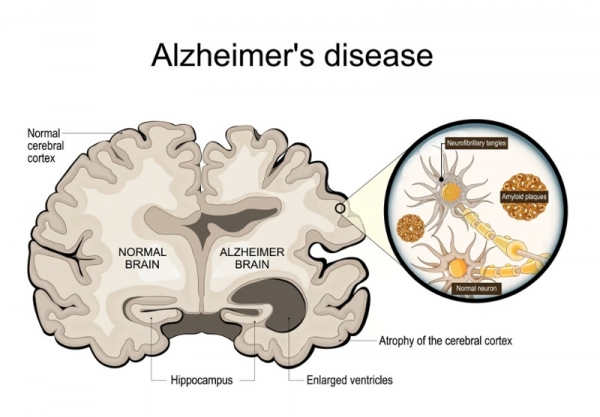 |
Side effects of cocoa
This plant also causes some side effects when used in large doses, including:
_ Allergic skin reactions
_ Constipation and migraine
_ Nausea, stomach upset and flatulence.
_ Some people who use cocoa butter topically may experience a rash.
Those who need to minimize cocoa consumption
Besides the side effects of cocoa, you need to pay attention to the groups of people who need to limit the use of cocoa as much as possible:
_ Pregnant and breastfeeding women: cocoa contains caffeine but is still safe for women during pregnancy and breastfeeding. However, you should only use it in moderation.
Watch your daily cocoa intake. Consuming large amounts of cocoa while pregnant may cause miscarriage, premature birth, or low birth weight. Some experts recommend keeping your caffeine intake below 200 mg per day during pregnancy.
The concentration of caffeine in breast milk is about half the concentration of caffeine in the mother's blood. Therefore, if you eat too much chocolate (about 450g/day), your breastfed baby may become irritable and have frequent bowel movements.
_ People with anxiety disorders: Many experts are concerned that consuming large amounts of cocoa may make anxiety disorders worse.
_ People with bleeding disorders: One side effect of cocoa is that it slows blood clotting. Consuming large amounts of cocoa may increase the risk of bleeding and bruising in people with bleeding disorders.
_ People with cardiovascular disease: caffeine in cocoa can cause heart rhythm disturbances or rapid heartbeat in some people. Therefore, people with heart disease should not use it.
_ People with poor digestive systems or diarrhea: diarrhea is a common side effect of cocoa powder when consumed in excess.
_ People with gastroesophageal reflux disease (GERD): Cocoa can interfere with the effectiveness of the valve in the esophagus, making symptoms of the disease worse.
_ People with glaucoma: The caffeine in cocoa increases pressure in the eye. People with glaucoma should be cautious when using cocoa.
_ People with irritable bowel syndrome (IBS): The caffeine in cocoa, especially when consumed in large amounts, can make diarrhea worse and aggravate symptoms of irritable bowel syndrome.
_ People with migraines: Cocoa consumption may trigger migraines in people who are sensitive to caffeine.
_People with osteoporosis: caffeine in cocoa can increase the amount of calcium excreted in urine. Therefore, people with osteoporosis should be careful with this side effect of cocoa.
_ People preparing for surgery: Cocoa may affect blood sugar control during and after surgery. Stop using this food at least 2 weeks before a scheduled surgery.
Not everyone experiences these side effects, especially at moderate doses. There may be other side effects not listed. If you have any concerns about side effects, consult your pharmacist or doctor.
What can cocoa interact with?
_ Certain medications such as monoamine oxidase inhibitors and theophylline.
_ Some herbal medicines
_ Sugary and carbonated drinks such as coffee, coca cola, and tea when used with cocoa can make you agitated.
_ Cocoa may affect the results of urine catecholamine tests, vanillyl acid, and clotting time.
Stop taking cocoa if you are taking the following medications to avoid side effects:
_ Adenosine
_ Clozapine
_ Dipyridamole
_ Ergotamine
_ Estrogen
_ Lithium
_ Asthma medications (beta-adrenergic agonists)
_ Antidepressants (MAOIs)
_ Diabetes medication
_ Phenylpropanolamine
_ Theophylline
_ Antibiotics (quinolone antibiotics)
_ Contraceptive pills
_ Cimetidine medicine for treating stomach diseases
_ Alcohol withdrawal drug disulfiram
_ Fluconazole for the treatment of fungal and yeast infections
_ Drug for the treatment of irregular heartbeat mexiletine
_ Verapamil heart disease treatment drug
Source: https://kinhtedothi.vn/nhung-nguoi-nao-tuyet-doi-khong-duoc-an-cacao.html





![[Photo] Looking back at the impressive moments of the Vietnamese rescue team in Myanmar](https://vstatic.vietnam.vn/vietnam/resource/IMAGE/2025/4/11/5623ca902a934e19b604c718265249d0)

![[Photo] "Beauties" participate in the parade rehearsal at Bien Hoa airport](https://vstatic.vietnam.vn/vietnam/resource/IMAGE/2025/4/11/155502af3384431e918de0e2e585d13a)

















![[Photo] Summary of parade practice in preparation for the April 30th celebration](https://vstatic.vietnam.vn/vietnam/resource/IMAGE/2025/4/11/78cfee0f2cc045b387ff1a4362b5950f)































































Comment (0)